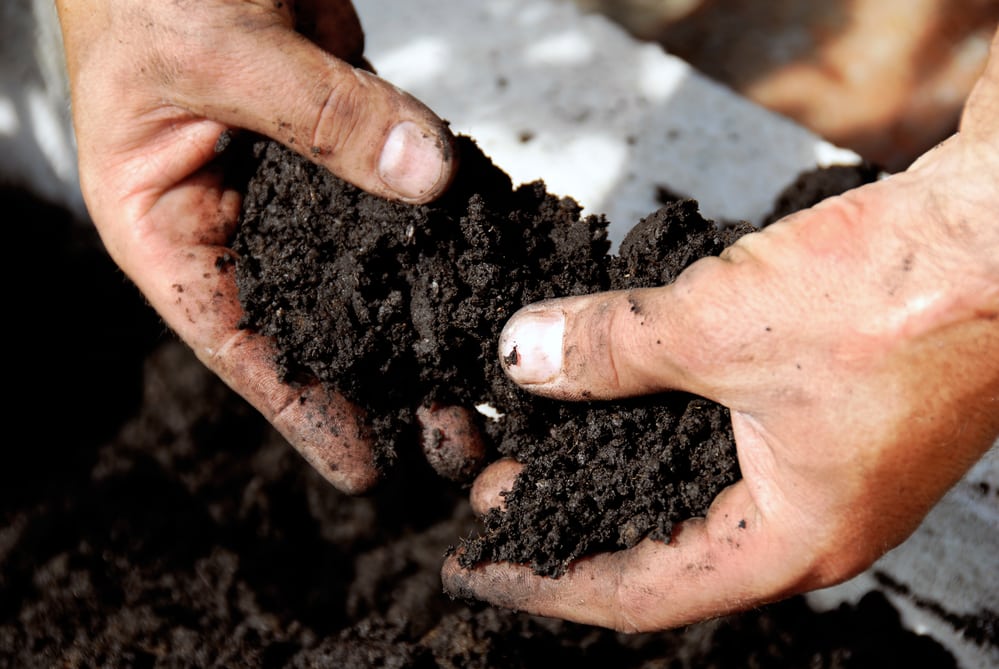Restoring Contaminated Land, Protecting Groundwater
Introduction
What Is Soil Remediation?
Soil remediation is the process of removing, stabilizing, or neutralizing harmful contaminants in soil so that land can be safely reused. It also plays a vital role in stopping toxins from seeping into aquifers and river systems.
In Kolkata and its surrounding districts, common pollutants include:
- Heavy metals such as chromium, cadmium, and lead from tanneries, chemical plants, and plating units
- Industrial hydrocarbons and solvents from oil depots and small-scale industries
- Pesticide and fertilizer residues from agriculture in Howrah, Hooghly, and North 24 Parganas
- Leachate from dumping grounds like Dhapa landfill, which seeps into nearby soils and aquifers
Soil Contamination Challenges in Kolkata
Kolkata’s location in the Ganges Delta, combined with a high water table, makes it particularly vulnerable to pollution:
Our Soil Remediation Services in Kolkata
At GWC, we bring together hydrogeological expertise and advanced remediation technology to address these challenges. Our services include:
- Comprehensive Site & Soil Assessments – Mapping contaminants and groundwater risks
- Bioremediation – Using natural microbes to safely degrade organic pollutants
- Soil Washing & Stabilization – Removing contaminants and neutralizing heavy metals
- Thermal & Chemical Treatments – Addressing hydrocarbons, solvents, and other industrial pollutants
- Containment & Capping Solutions – Isolating waste and landfill sites to prevent further spread
Every solution is designed to suit Kolkata’s deltaic soils, high rainfall, and regulatory requirements.
Why Soil Remediation Matters in Kolkata
- Protects Aquifers & Hooghly River – Prevents pollutants from entering critical water sources
- Restores Safe Land Use – Makes contaminated sites viable for housing, industry, or infrastructure projects
- Safeguards Public Health – Reduces human exposure to toxic metals and chemicals
- Ensures Legal Compliance – Meets the standards of the West Bengal Pollution Control Board (WBPCB) and national environmental laws
- Supports Sustainable Growth – Balances industrial expansion with ecological responsibility
Additional Groundwater Services in Kolkata
In addition to soil remediation, GWC provides a wide suite of groundwater services:
- Ground Water Recharge
- Ground Water Seepage
- Rock Mapping
- Ground Water Consulting
- Ground Water Quality Monitoring
- Groundwater Remediation
- Integrated Water Resource Management
- Water Risk Assessment Audit
- Flooding Solutions
- Dewatering Solutions
- Ground water contamination
- ground water exploration
Conclusion
Kolkata’s combination of dense population, heavy industry, and shallow aquifers makes soil remediation an urgent necessity. Without intervention, land and water contamination will only intensify.


